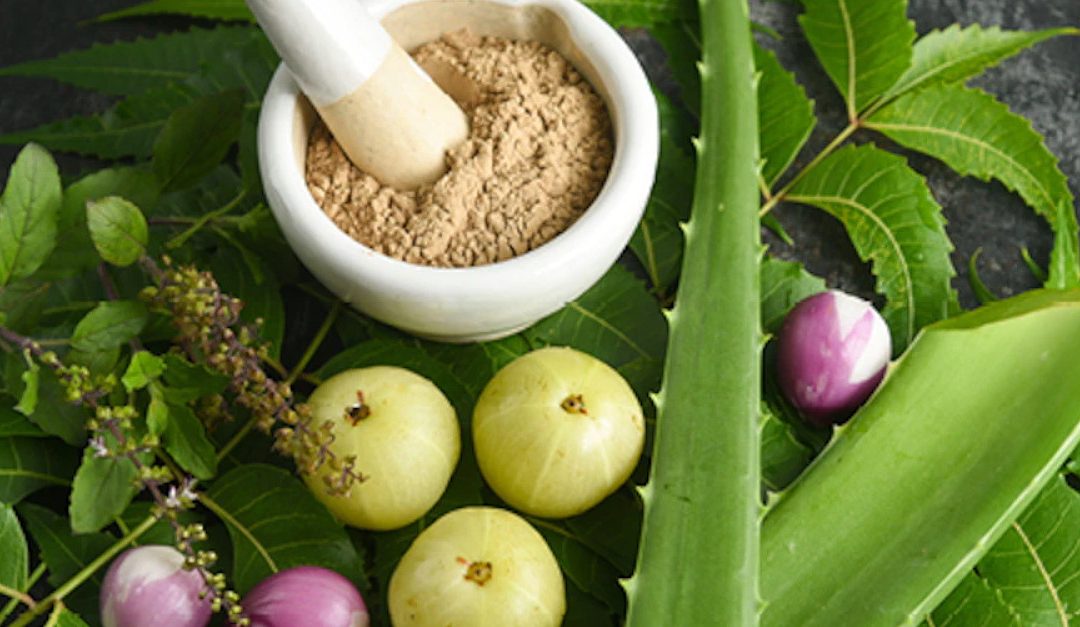Ayurvedic medicine uses natural remedies and herbal products to treat a wide range of ailments and promote overall wellness. Ayurvedic medicine has been gaining popularity in recent years, both in India and around the world.
As people become more interested in natural and holistic approaches to healthcare, the demand for Ayurvedic products has skyrocketed. This has led to a booming industry in India, where many Ayurvedic medicine manufacturers are based.
In this Ayurvedic Medicine Manufacturers India in 2023 Vaidyashree article, we will explore the Ayurvedic medicine industry in India, including its history, growth, and challenges. We will also discuss the key players in the industry and the future prospects for Ayurvedic medicine manufacturers in India.
History of Ayurvedic Medicine in India
Ayurvedic medicine has been practiced in India for over 5,000 years. It is one of the world’s oldest medical systems and is still widely used in India today. The word “Ayurveda” comes from the Sanskrit words “ayu” meaning life, and “veda” meaning knowledge.
The earliest written records of Ayurvedic medicine can be found in the Vedas, which are ancient Indian texts dating back to around 1500 BCE. These texts describe the use of herbs and other natural remedies to treat various ailments.
So as per this Ayurvedic Medicine Manufacturers India in 2023 Vaidyashree article, Over the centuries, Ayurvedic medicine evolved and became more complex. It was influenced by other medical systems, including Greek and Chinese medicine. By the 8th century CE, Ayurvedic medicine had become an established medical system in India.
In the 20th century, Ayurvedic medicine underwent a revival in India. This was due in part to the efforts of Mahatma Gandhi, who was a strong proponent of Ayurveda and other traditional Indian practices.
The Indian government also played a role in promoting Ayurveda, establishing research institutions and colleges to train practitioners.
Today, Ayurvedic medicine is widely practiced in India and is gaining popularity around the world. It is recognized as a legitimate medical system by the World Health Organization (WHO).

